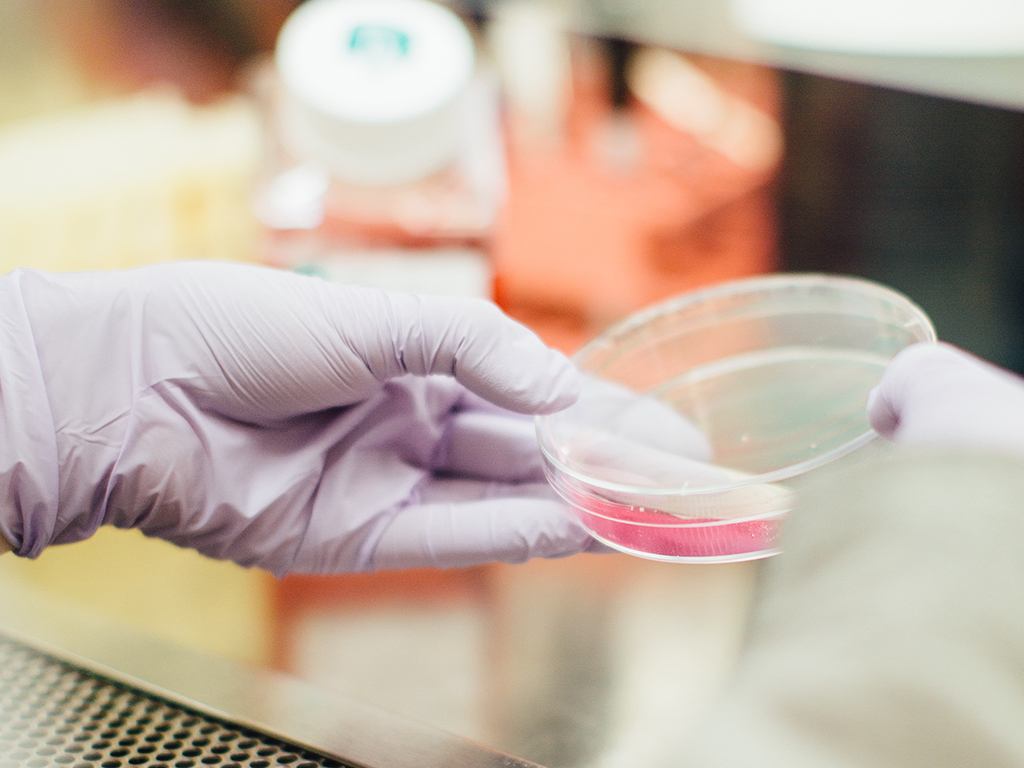IBS Myths
We often see lots of misconceptions around IBS and the treatment of it so we thought we’d put together some quick fire myth busting points for you:
1. Poor Diet Causes IBS
Myth! IBS is what we call a ‘multifactorial’ syndrome which means that there are several different things that can cause it. Diet can be part of this picture, but things like gastrointestinal infections, long term use of antibiotics, stress and anxiety and genetics can all play a role.
2. IBS is Curable
Myth! Current research shows that IBS is not curable, which is why it is classified as a syndrome rather than a disease. The aim is to treat the symptoms of IBS and to reduce them down to a level where they are no longer present.
3. Cutting Out Gluten is a Good Idea For People With IBS
Myth! People who have IBS suffer with food intolerances; this is very different to a food allergy (see our food allergy vs intolerance article). Gluten is a protein which can cause an allergic reaction in people who have coeliac disease.
If you have IBS and foods such as bread and pasta seem to cause your symptoms, then it is actually the fructans within these foods which are causing your issues. Not the gluten!
4. People With IBS Should Try The Low FODMAP Diet
Truth and myth! Yes, the low FODMAP diet can be a great tool for reducing symptoms in people who have IBS. However, it does come with its dangers and is considered a secondary intervention. This means that people should first try primary treatment options (dietary management, gut microbiome treatment and gut-brain axis treatment) and only move on to the low FODMAP diet if these do not work.
5. Intolerance Tests Can Identify Trigger Foods For People With IBS
Myth! Intolerance tests are not based on any scientific evidence and are not recommended by the British Dietary Association. As mentioned in point 3, IBS involves food intolerances, not allergies. These tests measure antibodies which have nothing to do with intolerances because intolerances do not involve the immune system or antibodies.





